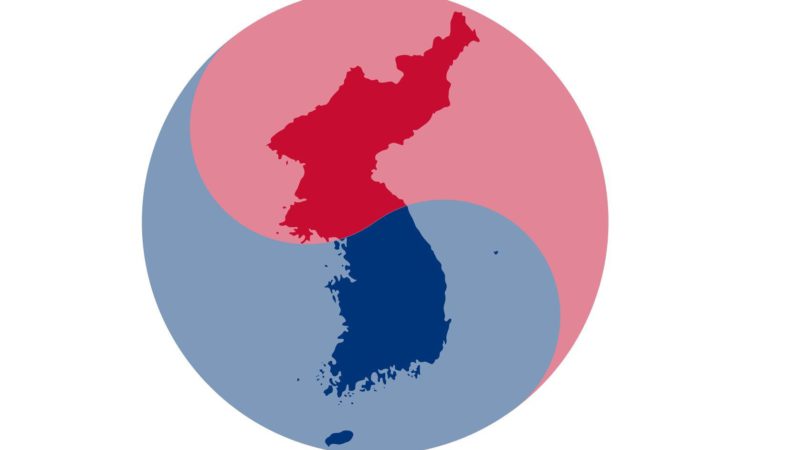05.10.2017, Russia.
The joint declaration on peace and cooperation [Declaration on the Advancement of South-North Korean Relations, Peace and Prosperity – editorial note], signed by North and South Korea in October, 2007, is “officially dead,” said South Korean political scientist and journalist Mahn Jun-seok in an interview with TASS News Agency on October 4, 2017.
The expert argues that “practically, none of the paragraphs” of the declaration are being fulfilled; and this is due to the fact that Kim Jong-il, who signed the declaration on behalf of North Korea, has died.
For example, the first paragraph of the declaration states that the issue of national reunification will be resolved without external involvement. De facto, “there is no talk about unification even in the media, not to mention political levels.”
The agreement on mutual respect and overcoming ideological barriers does not function, because, “there is no talk of trust after new nuclear tests and missiles launches carried out by the North”, the South Korean expert said.
In addition, South Korea intervenes in the internal affairs of the Democratic People’s Republic of Korea (DPRK), investigating human rights violation in North.
Negotiations on the denuclearization of the peninsula are suspended, the joint tourist project in the mountain resort of Kŭmgangsan has been halted, and a number of announced projects did not even start. Cultural contacts have been terminated. There is only humanitarian aid, which goes indirectly from South Korea to starving North Koreans.
The expert noted that the declaration functioned only for a short time right after the signing, but “now it can be officially stated that this document is dead, as dead as the people who signed it”.
The division of Korea occurred in 1945, when the former colony of the defeated Japan was split into Soviet and American zones of control. A war broke out in 1950, and it has not formally ended to this day.
In 1958, the United States deployed nuclear weapons in South Korea, which stayed there until 1991. In 1991, the Agreement on Reconciliation, Non-Aggression, and Exchanges and Cooperation was reached. In 1992, the Joint Declaration of the Denuclearization of the Korean Peninsula came into effect. In 2005, the DPRK announced it has produced nuclear weapons, and in 2017, North Korea conducted a number of successful ballistic missile tests.
Source: Rossa Primavera News Agency




